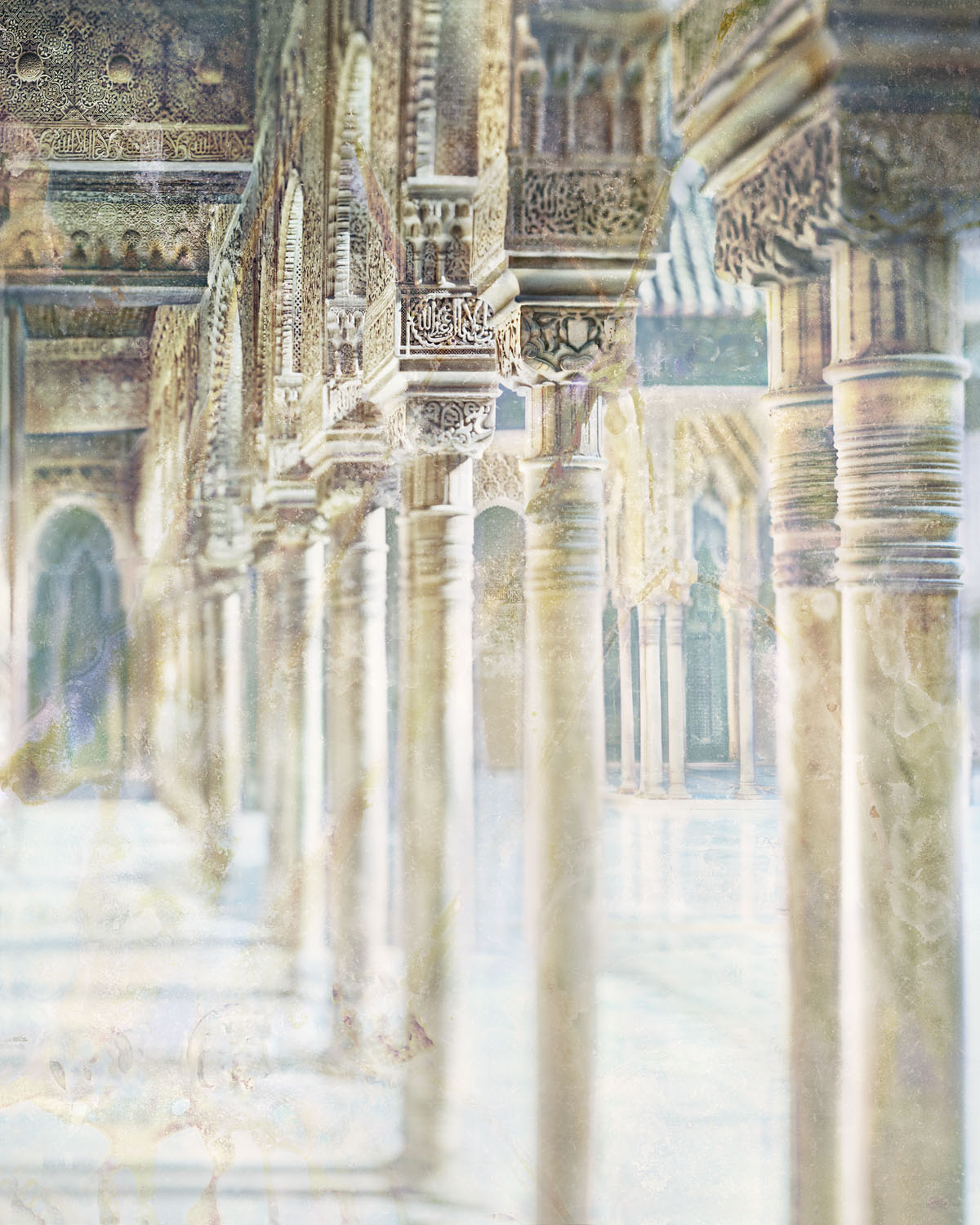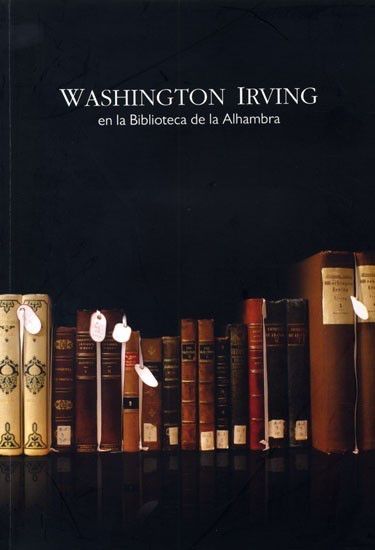BIOGRAPHY OF IBN AL-KHATIB
In 2013 the Alhambra commemorated the 700th anniversary of the writer, politician, physician and intellectual from Granada Abd Allah Mu?ammad ibn Said ibn al-Jatib Lisan al-Din al-Salmani (Loja, November 1313 – Fez, 1374). The Cultural Volunteers Association at the Museum of the Alhambra would like to pay him a simple tribute by explaining the most important historical, literary and human aspects of one of the most brilliant names in the history of the Kingdom of Granada.
Ibn al-Khatib continues to impress even today because a large part of the historiography of the Kingdom of Granada and its overseas derivations would now be lost without his meticulous and systematic work. We are therefore indebted to perhaps the most important figure in the history of Islamic Granada and the Muslim West in the 13th and 14th centuries.
Ibn al-Khatib is also admirable for the way he devoted his life to public service, a duty complicated by periods of exile and political tensions, during which he always found time to write. His extensive literary oeuvre covers fields as varied as rhymed prose, philosophy, poetry, history, geography, jurisprudence, pharmacology and medicine. Since the 19th century European scholars have been fascinated by the work of this Vizier from Granada and have sung his praises, dubbing him “the Sallust of the Kingdom of Granada” or “the Prince of Arabic literature from Granada” (R.Arié). According to the 17th century historian al-Maqqari (Tlemcen, 1578 –Cairo, 1632) Ibn al-Khatib, a first-hand observer of the reigns of Yusuf I and Muhammad V, actually penned more than 70 volumes during the periods of greatest splendour of the Nasrid Dynasty. We now know that in fact he wrote over 100 books, many of which were lost due to the persecution of his work after his death.
The surviving literary legacy of Ibn al-Khatib consists of a very fragmented part of his total production of which we would like to highlight the Ihata fi tarij Garnata or al-Ihata fi ajbar Garnata (Complete information about the history of Granada) and the al-Lamha al-badriya (The splendour of the full moon), in which he revealed his excellent capacity for geographical and historic observation about the city of Granada and its surrounding area. The Ihata also ventures into biography, a genre which Ibn al-Khatib greatly enjoyed.
However as mentioned earlier, this multi-talented author from Loja brilliantly embraced a wide range of genres such as anthologies (Kitab al-sihr wa-l-shir –Book of Magic and of Poetry), Sufi ascetism (Rawdat al-ta`rif bi-l-hubb al-sarif – Garden of the Definition of Supreme Love) and medicine (Muqniat al-sail an al-marad al-hail – Treatise on the Plague).
During our description we will try to put the life and work of this illustrious Granadan into context within this complex period in history in order to help visitors appreciate his enormous intellectual capacity and find out more about his legacy.
Time: Sunday 8th and 15th May at 12:00 h
Place: Museum of the Alhambra, Palace of Charles V

La Alhambra, a look from Fernando Manso
MORE INFORMATION
WASHINGTON IRVING AND THE ALHAMBRA
MORE INFORMATION
THE GATE OF BIBARRAMBLA. Historical report of the monument and its rediscovery
MORE INFORMATIONTHE EMPEROR´S CHAMBERS
MORE INFORMATION
The Council of Alhambra and Generalife will refund automatically the full amount of the bookings
MORE INFORMATION





 Contact
Contact















